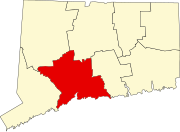
Linus Yale Jr. was an American mechanical engineer, manufacturer, and co-founder with millionaire Henry R. Towne of the Yale Lock Company, which became the premier manufacturer of locks in the United States. He was the country's leading expert on bank locks and its most important maker. By the early 20th century, about three-quarter of all banks in America used his bank locks. He is best remembered for his inventions of locks, especially the cylinder lock, and his basic lock design is still widely distributed today, and constitutes a majority of personal locks and safes.

Theophilus Eaton was a wealthy New England Puritan merchant, diplomat and financier, who took part in organizing and financing the Great Puritan Migration to America. He was a founder of Massachusetts Bay Colony, and a founder and eventual governor of New Haven Colony. He also cofounded the town of Greenwich in Connecticut and Eaton's Neck in New York.
Yale Gracey was a Disney Imagineer, writer, and layout artist for many Disney animated shorts, including classics such as The Three Caballeros and Fantasia. Gracey joined the company in 1939 as a layout artist for Pinocchio. In the 1960s, he designed many of the special effects for the Pirates of the Caribbean and Haunted Mansion attractions at Disneyland. Among these was a fire effect, developed for Pirates of the Caribbean, which appeared so realistic that the Disneyland fire department wanted an emergency switch to turn it off in case of a real fire. The Haunted Mansion character Master Gracey was named in homage to him. Gracey retired from the company on October 4, 1975.

Linus Yale was an American inventor, manufacturer of bank locks, and 1st Mayor of Newport, New York. His patents were signed by President Andrew Jackson. His son, Linus Yale Jr., would later found the Premier manufacturer of locks in the United States, and be a pioneer in the American lock industry through the Yale Lock Company.

Moses Yale Beach was an American inventor, entrepreneur, philanthropist and publisher, who started the Associated Press, and is credited with originating print syndication. His fortune, as of 1846, amounted to $300,000, which was about 1/4 of the fortune of Cornelius Vanderbilt at the time, and was featured in a book that he published named the Wealthy citizens of the City of New York. His newspaper, the New York Sun, became the most successful newspaper in America, and was a pioneer on crime reporting and human-interest stories for the masses.
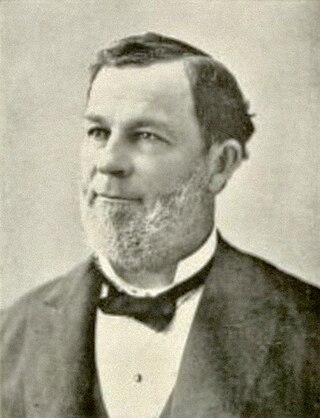
William Hall Yale was a Minnesota lawyer and Republican politician who served as Senator and sixth Lieutenant Governor of Minnesota. He was made regent of the University of Minnesota in 1894 by Governor Nelson, and was a member of the Episcopal Church.
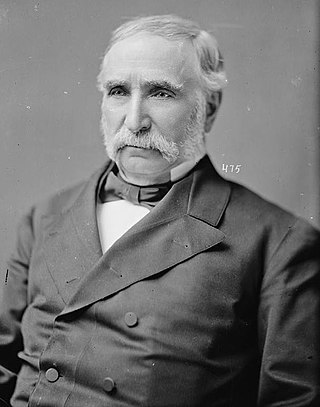
Chester William Chapin was an American businessman, president of the Boston and Albany Railroad from 1868 to 1878, and U.S. Congressman from Massachusetts. He was a multimillionaire at his death in 1883, and controlled one of New England’s most important rail lines.

James Murray Yale was a clerk, and later, a Chief trader for the Hudson's Bay Company, during the late North American fur trade, as they were competing with the Montreal based North West Company and the American Fur Company of John Jacob Astor. During his career, he would negotiate and compete with Americans, French Canadians, Russians, and Indians for market shares. He is best remembered for having given his name to Fort Yale, British Columbia, which became the city of Yale during the gold rush, and later on, became the name of the Yaletown district of downtown Vancouver.
Julius Catlin was an American politician who was the 49th Lieutenant Governor of Connecticut from 1858 to 1861. His estate was valued at $726,000 at his death in 1888.

Tudur ap Gruffudd (1365–1405), also known as Tudor de Glendore or Tudor Glendower, was the Lord of Gwyddelwern, a junior title of the Princely house of Powys Fadog, and was the younger brother of Owain Glyndŵr, the Welsh rebel leader crowned Prince of Wales. His father was Gruffydd Fychan II, the hereditary Prince of Powys Fadog and previous Lord of Gwyddelwern. Along with his brother, Owain Glyndŵr, Tudur was a member of the Royal House of Mathrafal.

James Lawrence was a Democratic politician from the state of Ohio. He was Ohio Attorney General 1884–1886.

Thomas Yale (1525/6–1577) was the Chancellor, Vicar general and Official Principal of the Head of the Church of England : Matthew Parker, 1st Lord Archbishop of Canterbury, and later on, of Edmund Grindal, the 2nd Archbishop, during the Elizabethan Religious Settlement. He was also Dean of the Arches and Ambassador to his cousin, Queen Elizabeth Tudor, at the Court of High Commission.
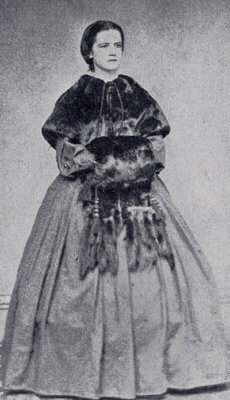
Caroline Ardelia Yale was an American inventor and educator who revolutionized the teaching of hearing-impaired students. A collaborator of Alexander Graham Bell, her phonetic system became the most widely used in America. She worked most of her career at the Clarke School for the Deaf, eventually becoming Principal of the institution, and was involved in raising funds for the deaf through leading figures such as her childhood friend, Grace Coolidge, First Lady of the United States. She was also director and cofounder of the Alexander Graham Bell Association for the Deaf and Hard of Hearing.
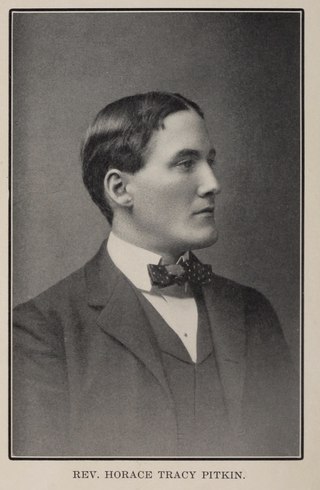
Horace Tracy Pitkin (1869–1900) was a missionary in China of the American Board of Commissioners for Foreign Missions. Chinese Boxers killed him during the Boxer Uprising in 1900. Yale China Mission,, was founded in his memory.
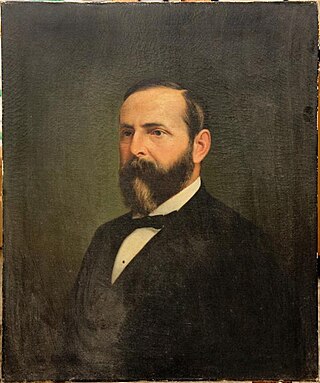
John Hanson Kennard was Judge of the Louisiana Supreme Court from December 3, 1872, to February 1, 1873. He also became President of the Board of Directors of the University of Louisiana.

Charles Dwight Yale (1810-1890), of Wallingford, Connecticut, was a Democratic Senator and businessman, co-proprietor of Simpson, Hall, Miller & Co.. During the Reconstruction era, he played a leading role in mediating conflicts between Virginia and the Union States.

Colonel John Wesley Yale (1832-1900), of Syracuse, New York, was a paper merchant, military officer and manager and trustee of the New York State Asylum by Gov. Theodore Roosevelt. He served the Democrats under various state and national conventions.
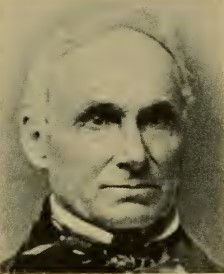
Levi Yale, of Meriden, Connecticut, was a postmaster, justice of the peace and abolitionist, who worked as an agent of the Underground railroad. He was a member of the state legislature, cofounded the abolitionist Liberty Party of Connecticut and was twice nominated for lieutenant governor under Senator Francis Gillette.
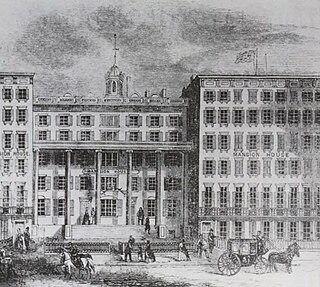
General Edwin Rodolphus Yale (1804-1883) was an American military officer, Britannia ware manufacturer and merchant, and proprietor of the "United States Hotel", the largest hotel in America in the early 1830s. He was also a founding member and the first president of the Sumter Club, an abolitionist society honoring the Fort Sumter event and the death of Abraham Lincoln.

William Yale (1784-1833) was a tin ware merchant, politician, Justice of the Peace, and the largest manufacturer in Meriden, Connecticut. He was the oldest son of Revolutionary War patriot Samuel Yale Sr., founder of the Yale manufacturing dynasty of Connecticut. He also served in the Connecticut State House of Representatives from Meriden in 1825, and did business with the Griswolds. His entreprises were succeeded by his son, Gen. Edwin R. Yale, proprietor of the U.S. Hotel and Mansion House in New York.





















